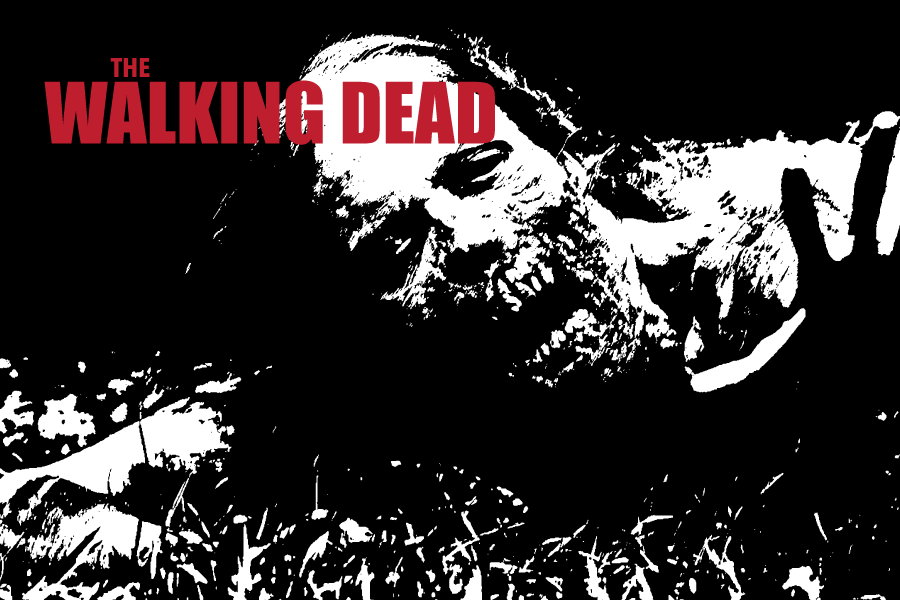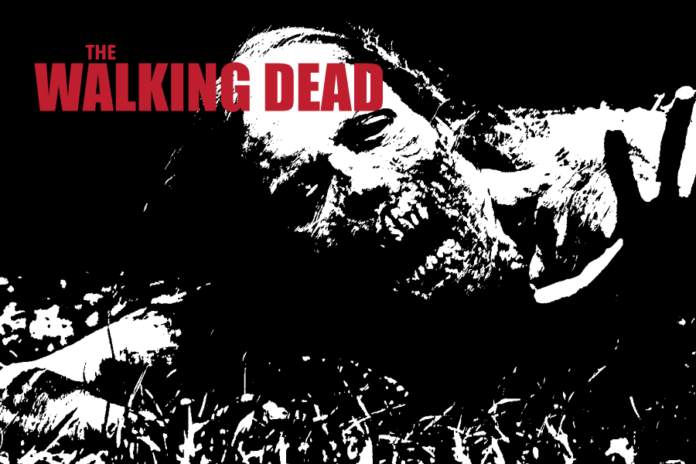 How the Trump team used Facebook data to exploit the fears of the Midwest
How the Trump team used Facebook data to exploit the fears of the Midwest

Since last November, much has been written about what went wrong during the election. While it looks increasingly likely that the Russians played a big role in securing Trump’s presidency, he did earn a significant number of legitimate votes, particularly across rural America and the Rust Belt. Many of these were won due to the Trump campaign’s unsettling method of targeting potential voters, which included using Facebook likes and TV ratings to appeal to an untapped political audience.
One of the biggest groups the Trump campaign targeted was fans of AMC’s hit zombie show The Walking Dead. Shortly after the election, Jared Kushner said that the campaign found that frequent viewers of The Walking Dead tended to be concerned about immigration and were more likely to be conservative. The Trump campaign appealed to this group with pro-Trump messages, to obvious success.
The campaign was one of the first to find voters — especially on Facebook — based off of psychometrics, the study of people’s personalities. Researchers compared participants’ personality scores with the pages they liked, such as The Walking Dead, and their demographic information on Facebook. As trends were observed and more data came pouring in, researchers could predict with about 90 percent accuracy a person’s skin color, sexual orientation, political affiliation, intelligence and even religious views just through public Facebook data.
Here’s where it gets Orwellian: Campaigns, particularly those for Brexit and Trump, were able to use this information to gain a bigger edge than if they used typical neighborhood-based demographics. Instead of bombarding a majority-Republican neighborhood with advertising, they reached individual people whose profiles made it seem likely they were Republicans — even if they were disinterested in politics or living in heavily blue areas.
It’s easy to see why Trump voters, particularly in the Rust Belt and rural America — two major sources of his legitimate votes — might relate with The Walking Dead characters. Though obviously not to the extent of the show, parts of the Rust Belt seem relatively post-apocalyptic. Factories that once propelled the growth of towns have closed and sit decaying in city centers, serving as a reminder of what once was. The infrastructure is falling apart, the education standard for schools is well below par and the land value is hitting rock bottom. There may not be zombies, but for the people living there, their world is slowly crumbling and looking more and more like the show.
The Walking Dead is a show about survival — not only from the zombies that have taken over the planet, but also from other humans. The characters are on their own, moving from location to location without promise of any government coming in and helping them. They scavenge whatever they can to live while defending themselves with violence whenever necessary. They only hope to someday find somewhere safe where they can settle down and finally escape their threats.
Rust Belters must also take care of themselves because of how spread-out rural America is. Modern amenities like hospitals, grocery stores and police departments exist, but getting to them is inconvenient and oftentimes not worth the hassle. Rust Belters, like characters in the show, frequently have to heal, defend and feed themselves with whatever they have. In many cases, survival is one of their biggest priorities, as blue-collar labor declines and wages don’t increase to match inflation.
The correlation between The Walking Dead and immigration concerns is less clear, though still understandable given the Rust Belt’s homogenous history. As America’s workforce diversifies and different types of people flood into formerly isolated and homogenous areas, people might start to feel a lot of cultural anxiety. Although this attitude is xenophobic, someone who has spent their entire life around the same type of people might incorrectly relate this influx of diversity to the concurrent economic decline of their towns. Like the characters of The Walking Dead, Midwesterners might feel that they’re being invaded.
Zombie fiction like The Walking Dead might appeal to right-wing voters due to its emphasis on survival in the face of decay and invasion that can parallel the decaying condition of a once-prosperous rural America. One of the Trump’s team’s few smart moves was exploiting the audience’s fears and interests to their advantage. Let’s just hope the real world doesn’t reach Walking Dead-levels of post-apocalypse before his term is all said and done.
Written by: Noah Pflueger-Peters — napfluegerpeters@ucdavis.edu
Disclaimer: The views and opinions expressed by individual columnists belong to the columnists alone and do not necessarily indicate the views and opinions held by The California Aggie.






This is just about one of the most ridiculous articles I have read in a very long time